Locations in Eatonton and Madison, GA
Serving Rockdale, Newton, Walton, Morgan, Oconee, Dekalb, Jasper, Clarke, Putnam, and Greene Counties
Call Today!
4 Benefits of Regular HVAC Services
Your HVAC system is responsible for the heating, cooling, ventilation, and air filtration in your home. With these important jobs, the international value of HVAC systems is significant. According to ComfyLiving, it's estimated that the global market size of HVAC systems will reach $370 billion by 2030. Can you imagine not having any AC in your home in the summer or heating in the winter? Probably not. That's why regular HVAC services are a must. Here are some benefits of getting these services regularly.
1. Increased Lifespan
When you buy an HVAC system, you want it to last as long as possible. You can expect the typical system to last between 15 and 25 years, according to Bob Vila. By getting regular professional services, you'll ensure your HVAC unit remains running efficiently and avoids needing replacement halfway through its expected lifespan.
2. Fewer Repairs
When you don't maintain your unit, expect constant repairs. Don't be surprised if a unit breaks down and needs repair at the worst time, like in the middle of a hot summer heat wave. According to the CDC, over 11,000 Americans have died of heatstroke since 1979. Prevent your household from going through such a crisis this summer by getting regular HVAC services to avoid last-minute repairs. Fewer repairs also mean you'll save money in the long run since constant repairs can hurt your wallet.
3. Better Air Quality
As mentioned, your HVAC system controls the air filtration in your home. With regular services, professionals can keep it free from mold, debris, dust, and any other allergens that can be a nuisance to your respiratory health. The last thing you want to do is breathe in mold because it could exacerbate or cause issues like asthma, bronchitis, and other lung issues.
4. Improved Energy Efficiency
Do you enjoy getting high energy bills? Of course not. By keeping your HVAC system in check, you can ensure it's always running as smoothly and efficiently as possible. With regular services, you can also talk to the professionals about installing Energy Star branded products, which are known for being high-quality appliances that will help reduce your carbon footprint and save money.
Scheduling ongoing
HVAC services will save money, keep your home comfortable, and give you peace of mind. Whether you're dealing with the winter cold or summer heat, your home should remain as comfortable as possible, regardless of the weather outside. If you want a professional on hand to handle your unit, call AirTekk Comfort Solutions today.

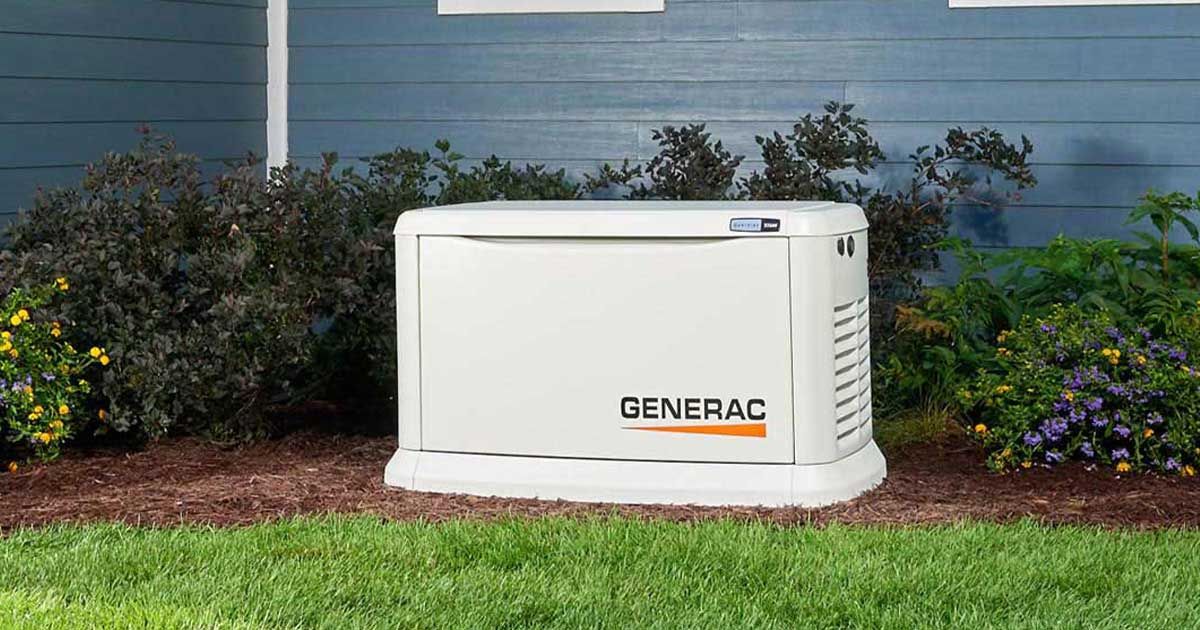
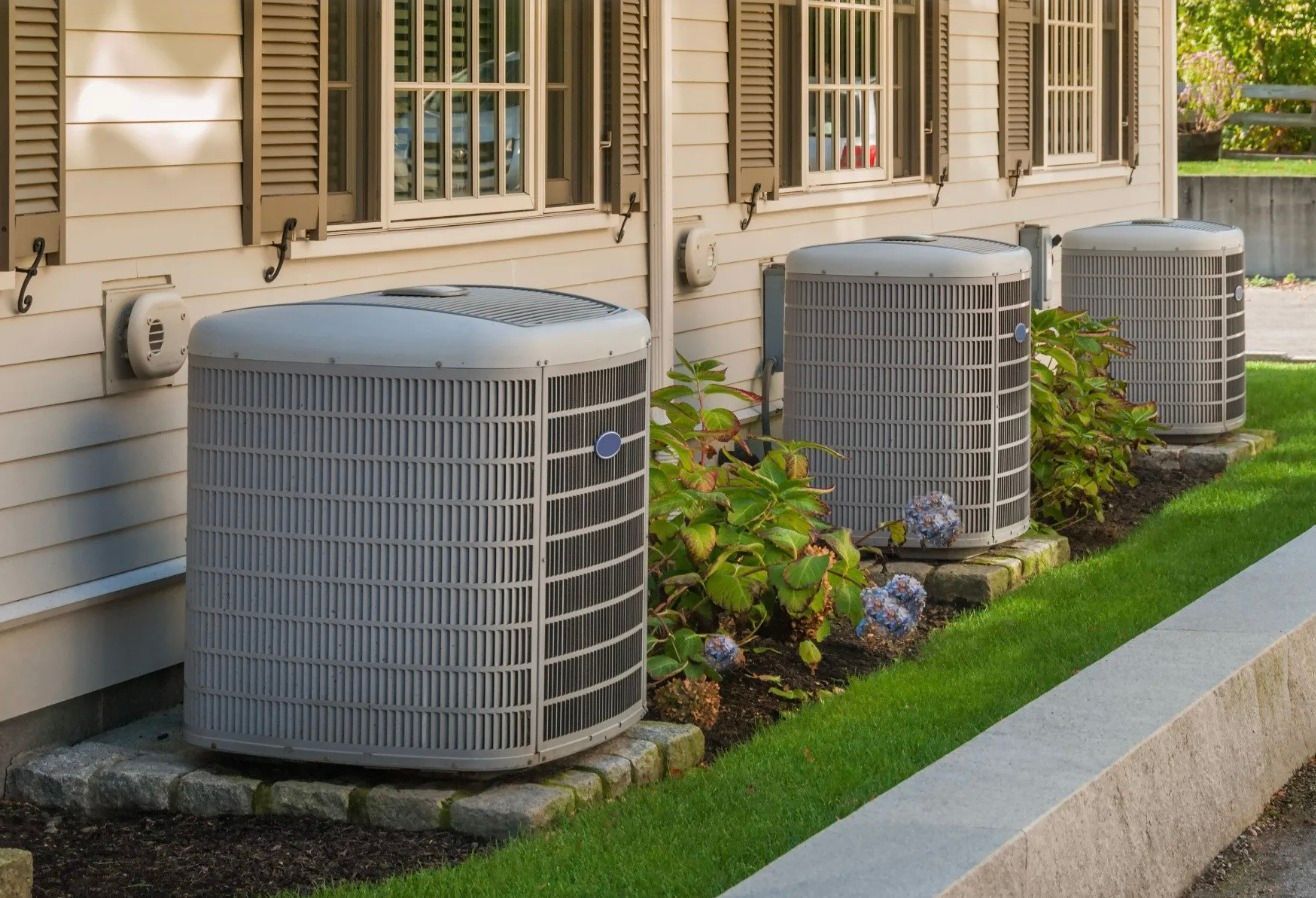
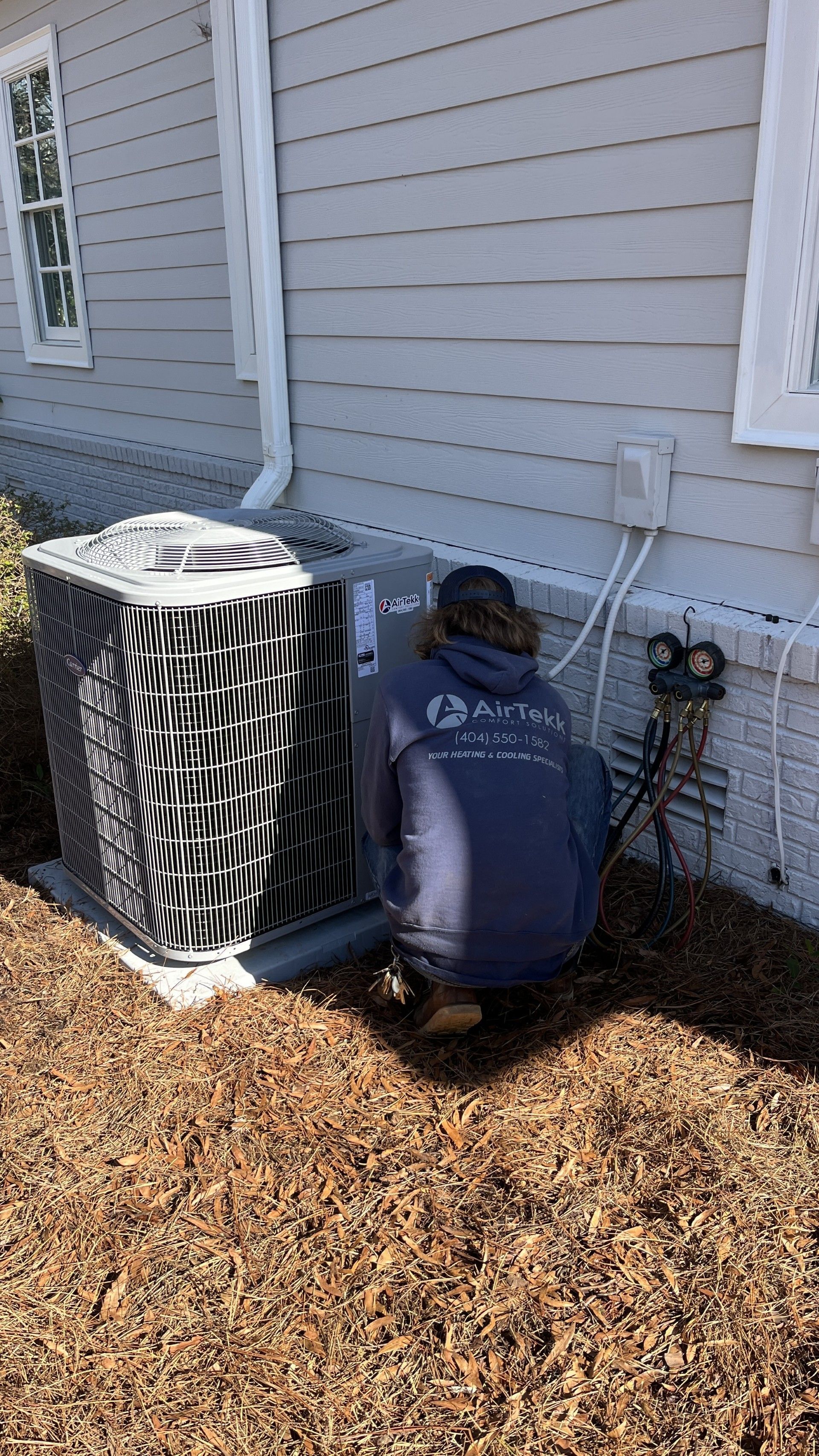
HOURS
SERVING
Rockdale County, Newton County, Walton County, Morgan County, Oconee County, Dekalb County, Jasper County, Clarke County, Putnam County and Greene County and Surrounding Areas
CONTACT US
State License #CR 110122

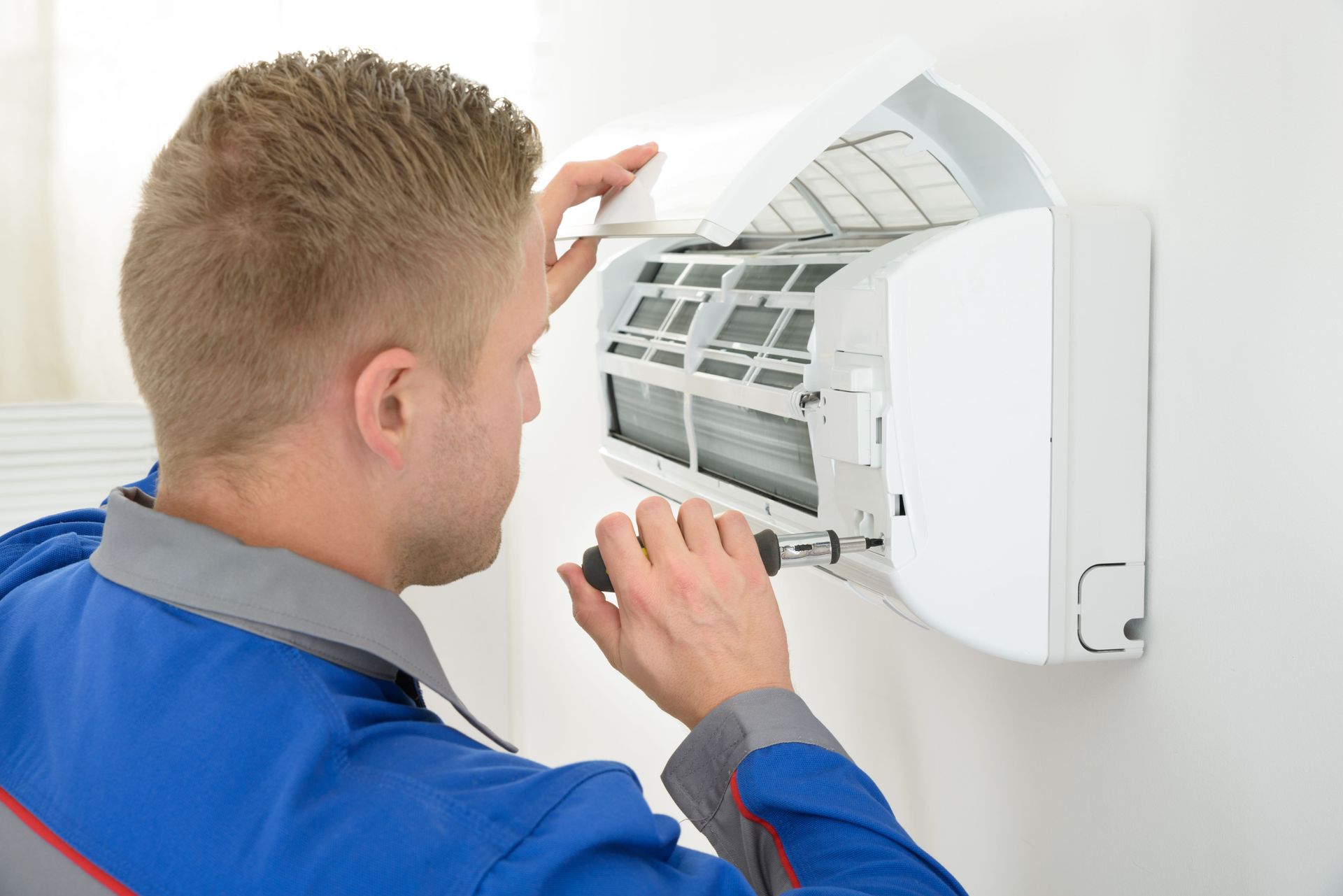
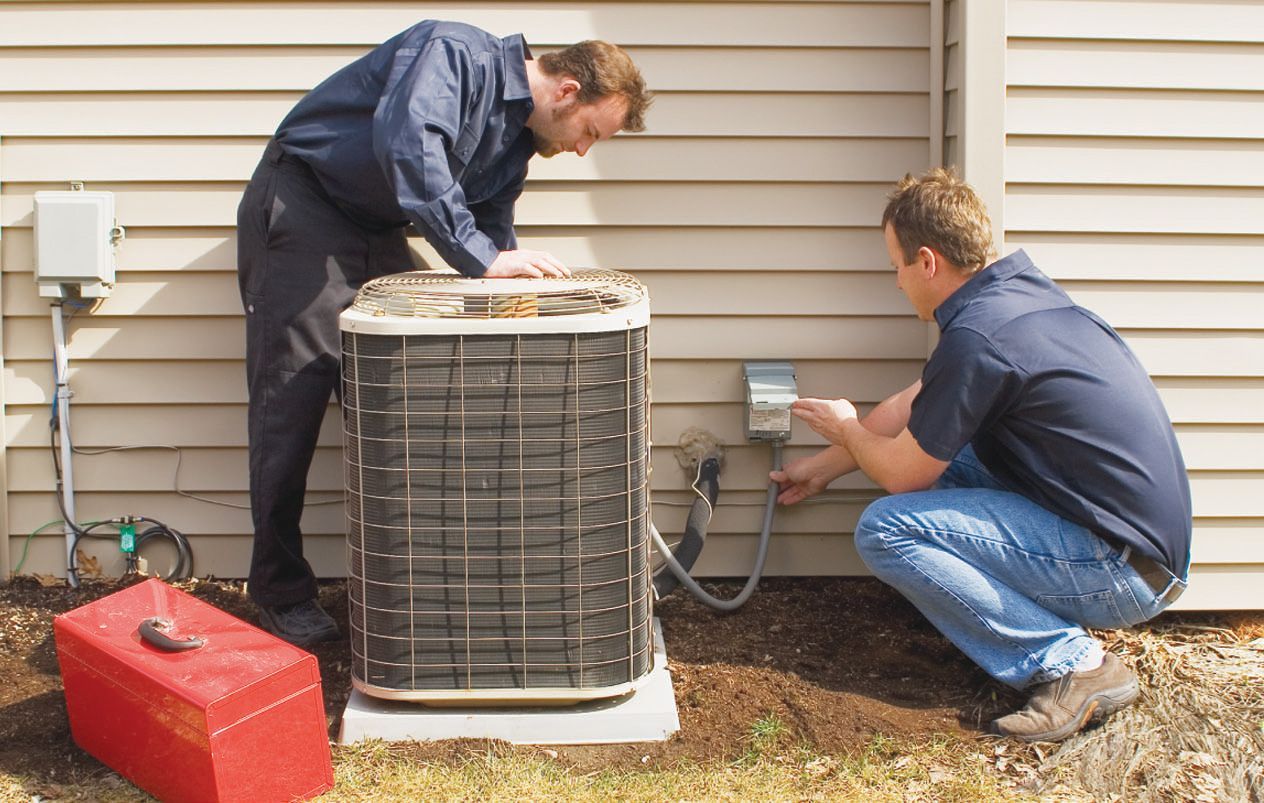
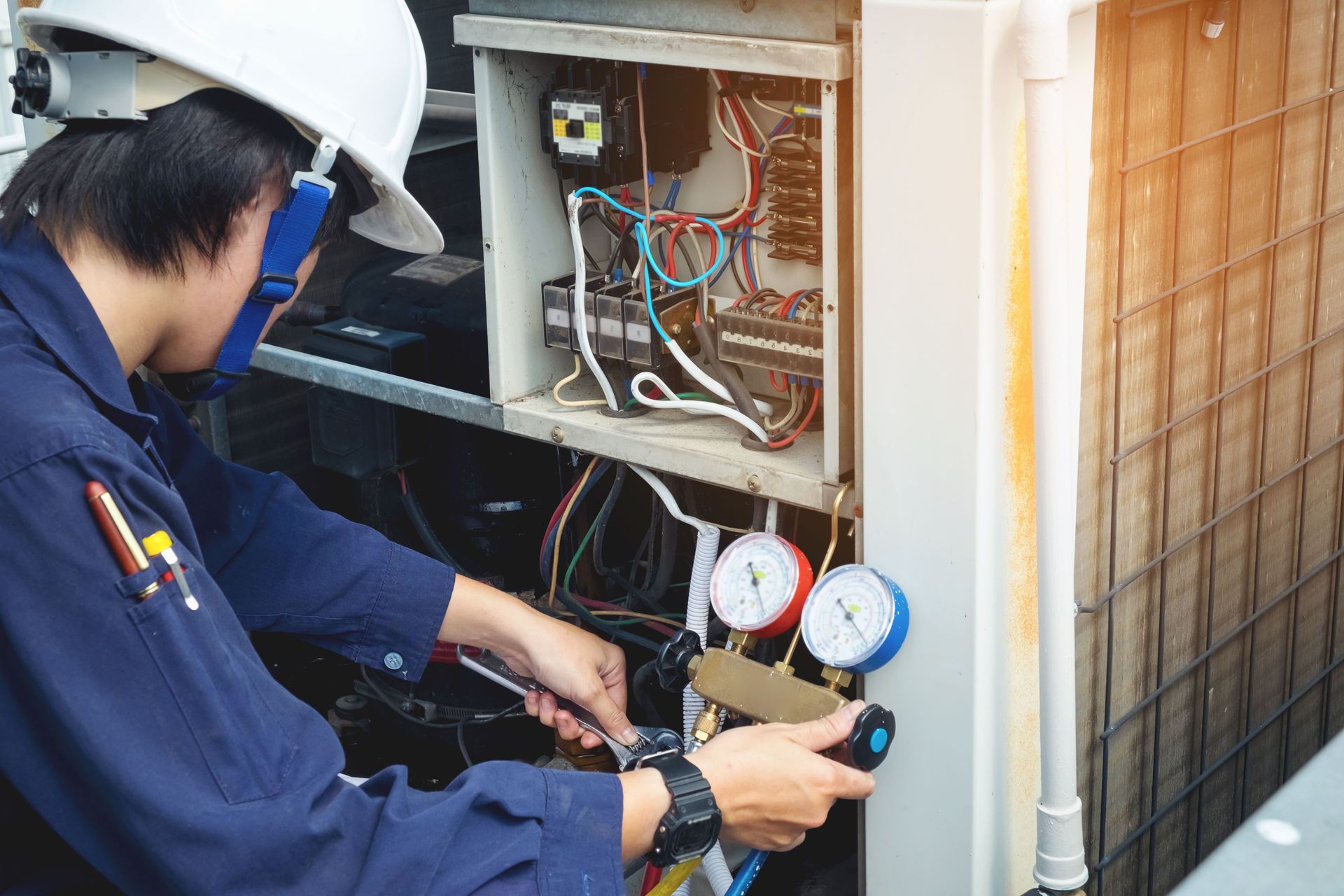
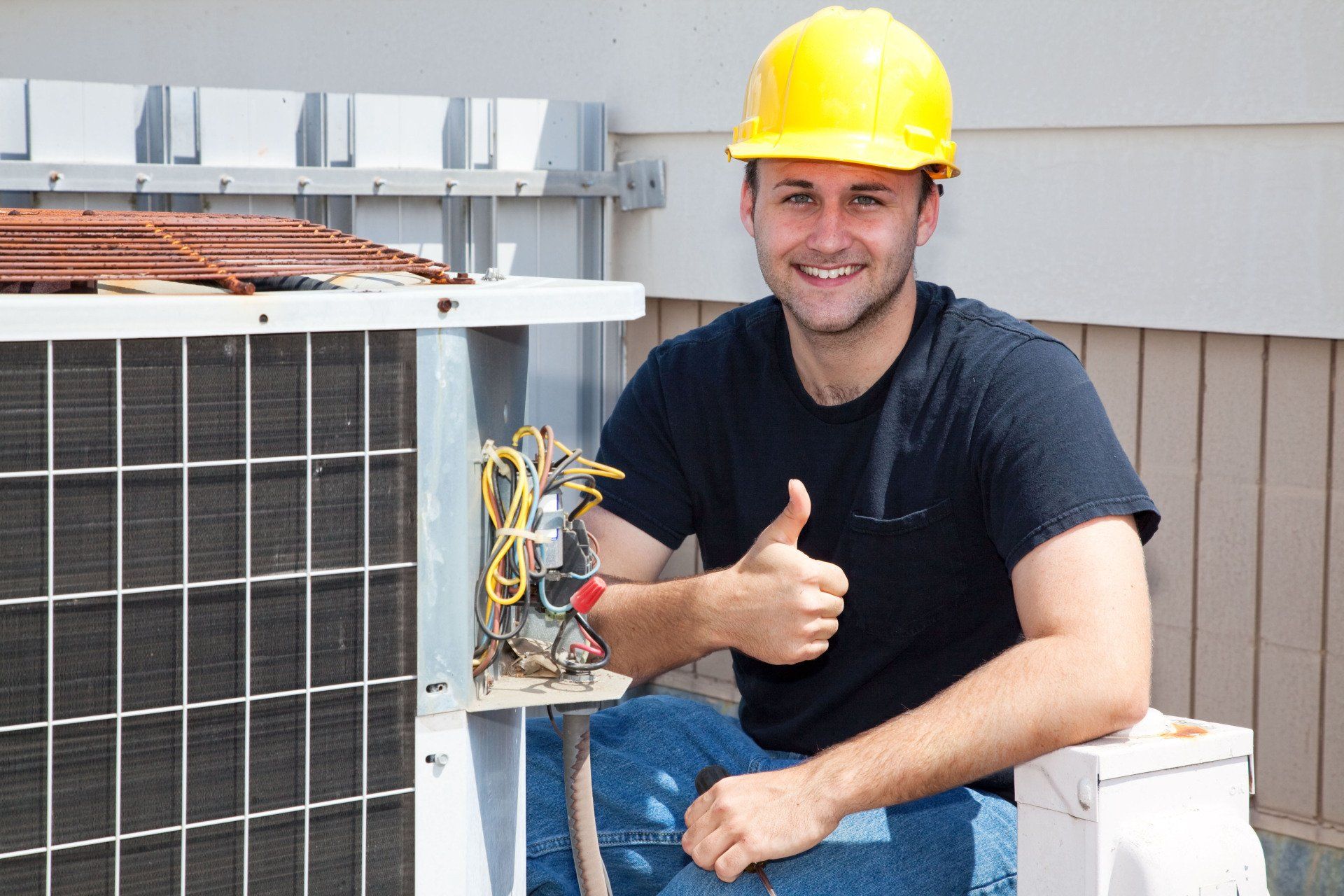
Share On: